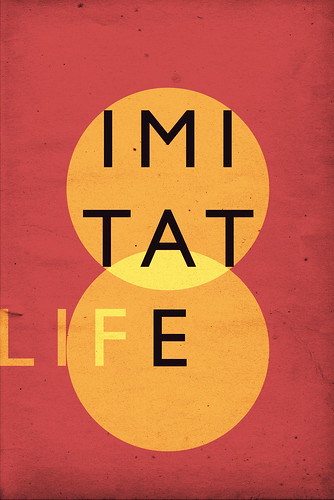Is mimicry the key to sales?
om Harvard Business Review: Retail salespeople who subtly mimic customers' speech and behavior are more successful at selling... 78.8% bought such a product from mimickers, compared with 61.8% from nonmimickers. Afterward, customers who had been mimicked were more positive about the salespeople and the store. Join over 190,000 readers. Get a free weekly update via email here. Related posts: How To Stop Being Lazy And Get More Done – 5 Expert Tips How To Get People To Like You: 7 Ways From An FBI Behavior Expert New…
1 min read
Should you be as nice as humanly possible to your doctor?
ctors take pain more seriously when they like the patient: This study examined the influence of patients’ likability on pain estimations made by observers. Patients’ likability was manipulated by means of an evaluative conditioning procedure: pictures of patients were combined with either positive, neutral, or negative personal traits. Next, videos of the patients were presented to 40 observers who rated the pain. Patients were expressing no, mild-, or high-intensity pain. Results indicated lower pain estimations as well as lower perceptual…
1 min read
Does happiness or sadness make us better negotiators?
their version, before beginning the game, Lount and Murnighan asked some trustors to write about an experience that made them happy and asked other trustors to write about an experience that made them sad. They then played the trust game. Among “happy” trustors, 53% gave recipients the full $10; only 21% of “sad” trustors did the same. On average, happy trustors gave away $6.76, and sad trustors gave away $5.58. It appears that a sad mood decreases trust and…
1 min read
What’s an easy way to get others to agree to help you out?
monstrate that the two of you have something in common: Four studies examined the effect of an incidental similarity on compliance to a request. Undergraduates who believed they shared a birthday (Study 1), a first name (Study 2), or fingerprint similarities (Study 3) with a requester were more likely to comply with a request than participants who did not perceive an incidental similarity with the requester. The findings are consistent with past research demonstrating that people often rely on heuristic…
1 min read
What 7 negotiating tricks can we learn from FBI hostage negotiators?
ry Noesner, former chief negotiator with the FBI's Critical Incident Response Group and author of Stalling for Time: My Life as an FBI Hostage Negotiator wrote an interesting piece on active listening skills. You don't need to be dealing with barricaded gunmen to improve your communication skills with the techniques he describes. In the early part of any negotiation, information exchange and building rapport are key. These are some of the most powerful and tested techniques available to achieve those goals: …
4 minutes
Guys, how should you speak so women remember what you say?
en take note: If you want women to remember, speak to them in a low pitch voice." Via Eurekalert: ...according to a new study by David Smith and colleagues from the University of Aberdeen in the UK. Their work shows for the first time that a low masculine voice is important for both mate choice and the accuracy of women's memory. The research is published online in Springer's journal, Memory & Cognition. Join over 190,000 readers. Get a free weekly update via…
1 min read
Should you be optimistic going into negotiations?
o studies demonstrate that negotiation processes and outcomes can be altered by the creation of Positive Expectations. Study 1 participants were American undergraduates seeking agreement with a confederate about allocation of funds to programs differentially favoring undergraduates vs. graduates. Study 2 participants were Israeli Business School students seeking agreement with an Arab confederate about allocation of funds to projects differentially favoring Israelis vs. Palestinians. In both studies prior information suggesting the consistent success of previous dyads prompted acceptance of the…
1 min read
An easy way to dramatically improve your listening skills:
e technique is called non-evaluative listening: We can achieve real communication and avoid this evaluative tendency when we listen with understanding. This means seeing the expressed idea and attitude from the other person’s point of view, sensing how it feels to the person, achieving his or her frame of reference about the subject being discussed. This may sound absurdly simple, but it is not. In fact, it is an extremely potent approach in psychotherapy. It is the most effective way…
2 minutes








